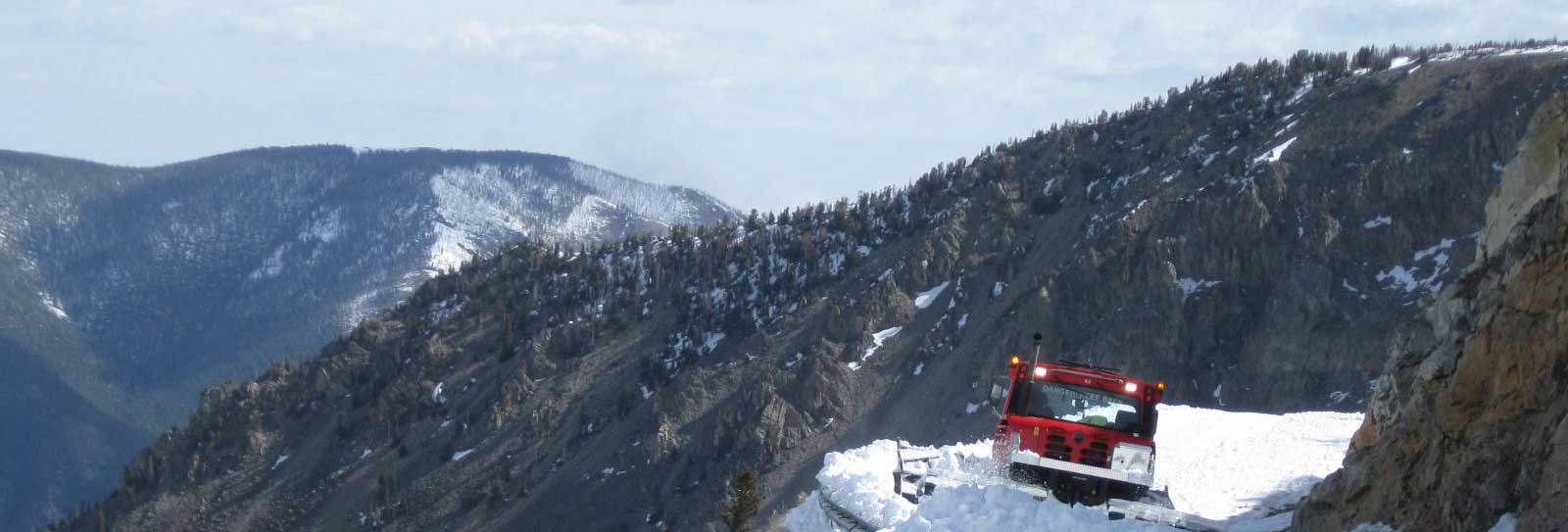When it rains, it drains!
Do your part to protect Montana’s streams, rivers, lakes and wetlands and prevent stormwater pollution by following the practices described in this brochure and by taking the small steps below.
Small Steps For Roadway Users
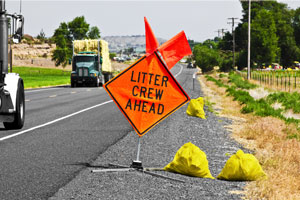
Litter on State Highways: If transporting waste, make sure vehicle loads are secure and don’t place loose waste in the back of a pick-up truck where it can easily blow out when you start driving. Keep waste secured inside your vehicle so that it won’t blow out when a door or window is opened. If you can’t find a trash or recycling bin, hold on to your waste until you find one. Litter such as plastic bags, beverage bottles, and cigarette butts eventually get carried by stormwater into storm drains and waterways. Litter detracts from an area’s beauty and can add toxic contaminants to the water that harm aquatic life. MDT relies on volunteers to remove litter from highways through their Adopt-A-Highway or Sponsor-A-Highway Programs.
Small Steps For Residents
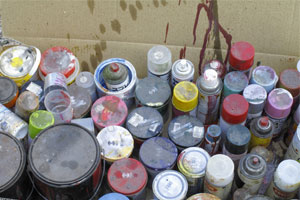
Proper Disposal of Household Products: Recycle or properly dispose of household products that contain chemicals, such as insecticides, pesticides, paint, solvents, used motor oil and other automotive fluids. Keep them off the ground and out of stormwater and never pour down storm drains.
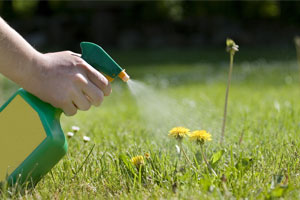
Lawn Care: Excess fertilizers, herbicides, and pesticides applied to lawns and gardens can wash off and pollute streams. Use pesticides and fertilizers sparingly. When use is necessary, use these chemicals in the recommended amounts. Use organic mulch or safer pest control methods whenever possible.
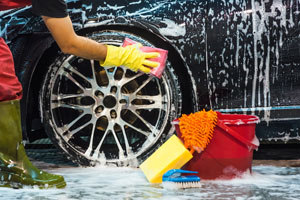
Auto Care: Washing your car and degreasing auto parts at home can send detergents and other contaminants through the storm sewer system. Use a commercial car wash that treats or recycles its wastewater or wash your car on your yard, so the water infiltrates into the ground. Dumping automotive fluids into storm drains can have the same result as dumping the materials directly into a waterbody.
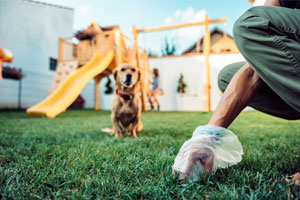
Pet Waste: Pet waste can be a major source of bacteria and excess nutrients in local waters. When walking your pet, remember to pick up the waste and dispose of it properly. Leaving pet waste on the ground increases public health risks by allowing harmful bacteria and nutrients to wash into the storm drain and eventually into local waterbodies.
Small Steps For Businesses
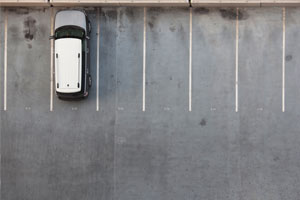
Parking Lots: Dirt, oil, and debris that collect in parking lots and paved areas can be washed into the storm sewer system and eventually enter local waterbodies. Sweep up litter and debris from sidewalks, driveways and parking lots, especially around storm drains.
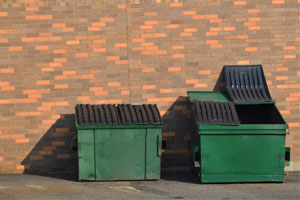
Dumpsters: Keeping dumpster lids closed and in proper working conditions helps ensures trash stays inside and out of storm drains. Used grease receptacles should be covered and kept clean to avoid leaks.

Properly Respond to Spills: Obtain a spill kit and educate employees on proper spill response procedures. Dispose of used absorption materials properly.
Report any chemical spill to the local hazardous waste cleanup team. They’ll know the best way to keep spills from harming the environment.
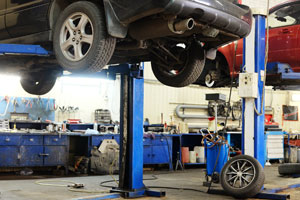
Gas Stations & Automotive Facilities: Uncovered fueling stations allow spills to be washed into storm drains. Cars waiting to be repaired can leak fuel, oil, and other harmful fluids that can be picked up by stormwater. Designate an area indoors and away from storm drain inlets for replacing motor oil, coolant, and other fluids. Do not pour liquid waste into outdoor drains.
Public Outreach Events
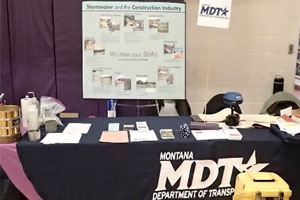
MDT hosts outreach events each year at each MS4. To request a Stormwater presentation for your school or event, please submit a comment to MDT’s Public Information Officer via the online Comment Form or by emailing
Please visit Facebook and Instagram for more information for stormwater posts and any upcoming events near you.
